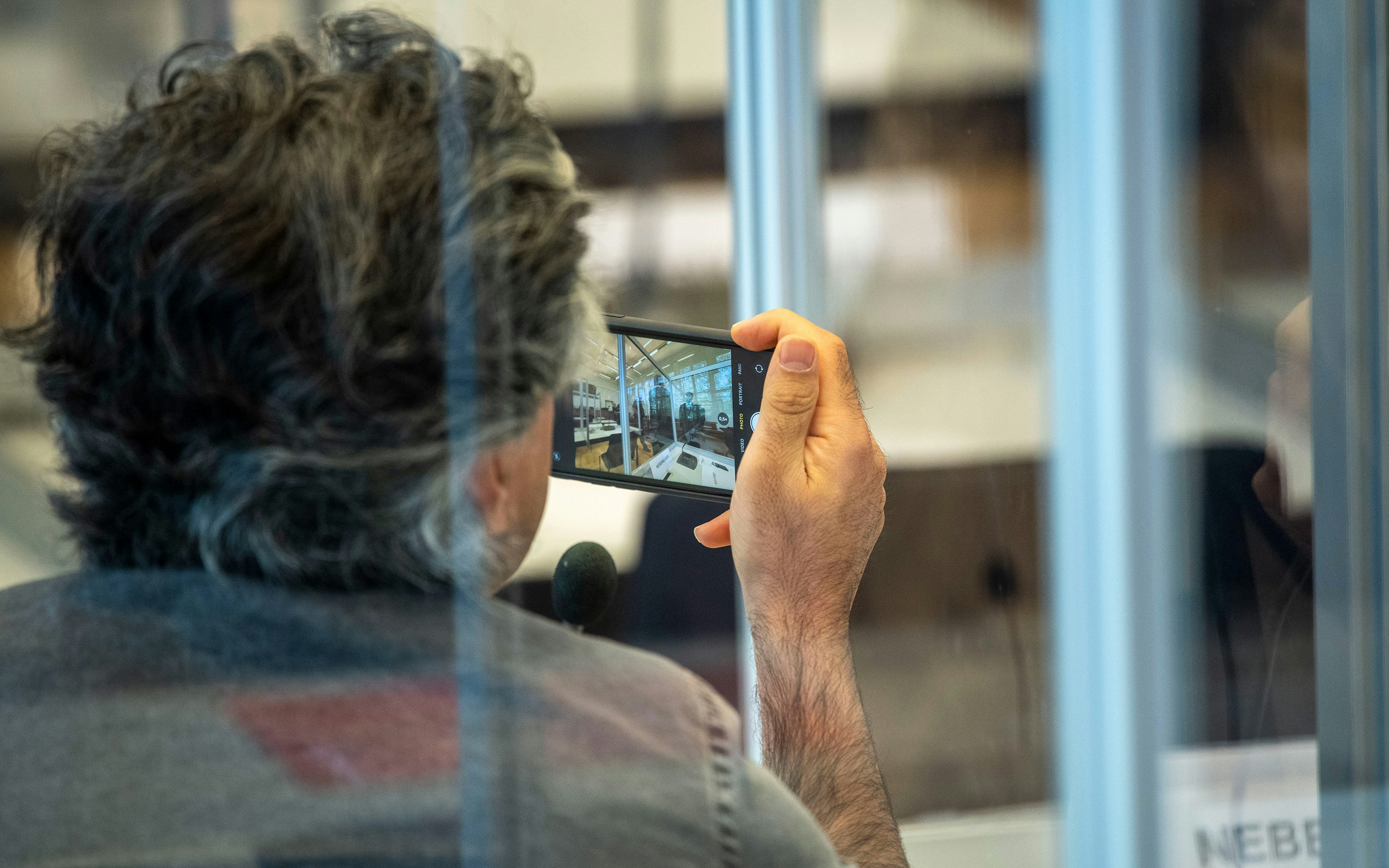African Court Calls on Nations to Bolster Election Fairness and Transparency During COVID-19
ARUSHA, TANZANIA—The African Court on Human and Peoples’ Rights has ruled that all Member States of the African Union have a duty under international law to guarantee fairness and transparency in elections during the COVID-19 pandemic. The Court found that the pandemic demands that measures are taken to prevent transmission of the virus, “without undermining the integrity of the electoral process.”
According to the Court, measures that may affect the integrity of the process include restrictions on rights during the election period, such as the right of movement of candidates and voters, to register, to obtain the documents necessary for the submission of candidatures, to participate in meetings related to elections, or to access information related to the electoral process, as well as the observation of the elections by national and international observers.
Nearly two dozen countries have held or plan to hold national elections in 2021, including presidential elections in The Gambia, Libya, São Tomé & Príncipe, South Sudan, and Zambia. The World Health Organization has recently warned that some countries in Africa are seeing a worrying surge in COVID-19 cases.
"COVID-19 has had a far-reaching effect on democratic participation and elections in Africa and around the world. This decision by the African Court lays out authoritatively what incumbents can and cannot do in the name of the pandemic for the sake of keeping power,” said Chidi Odinkalu, senior managing legal officer at the Open Society Justice Initiative. “One thing is clear: the era of governments using the pandemic as a sword against democratic competition is over. A public health pandemic must not be an excuse for an election rigging pandemic."
The Court also ruled that when a country decides to postpone elections because of the pandemic, political actors, health authorities, and representatives of civil society must be consulted to ensure an inclusive approach to the process. According to the Court, the consultation should focus on the measures necessary to ensure that elections are conducted in a transparent, free, and fair manner.
Since 2020, African countries have instituted different standards and practices in the management of elections during the pandemic. Most of these have proved controversial, creating the impression that incumbents in some countries have used the pandemic as an excuse to pre-determine the outcome of elections.
Such measures have impacted the timing and organization of elections, limited or banned campaigning by opposition parties, blocked international election observers, and generally affected the acceptability of election outcomes, increasing the likelihood of instability in some countries.
While decisions on when to hold elections are within the domestic jurisdiction of every country, the Court ruled, the manner in which they are conducted is regulated by African treaty law, including the African Charter on Human and Peoples’ Rights and the African Charter on Democracy, Election, and Governance.
Last year, the Pan-African Lawyers Union (PALU) submitted a request seeking judicial guidance, also called an Advisory Opinion, from the African Court on Human and Peoples’ Rights for states and regional institutions on how to hold elections during the COVID-19 pandemic. The Open Society Justice Initiative was co-counsel in the case.
The request asked that the court provide opinions on necessary measures to ensure fairness and transparency in the conduct of elections during the COVID-19 pandemic and asked for mechanisms to enforce international law should elections fail to meet international standards. The Court delivered judgment on the request on Friday, July 16.
Related Cases
Related Work
Elections in Africa during the COVID-19 Pandemic
The Pan-African Lawyers Union (PALU) has submitted a request seeking guidance from the African Court on Human and People’s Rights for states and regional institutions on how to hold elections during the COVID-19 pandemic.
How NGOs, Journalists, and Courtroom Eyewitnesses can Strengthen Reporting on Atrocity Crimes Trials
Trial monitors play an important role in keeping the public informed of events in the courtroom. The Justice Initiative’s Monitoring Atrocity Crimes Trials: A Guide, offers clear guidance on what to monitor and how to convey important information.

Human Rights Groups Alert U.N. to Alarming Actions by Mexican Prosecutors
More than 120 human rights groups and individuals are warning the U.N. about alarming trends emerging from Mexico’s new national Prosecutor General’s Office and the State’s Prosecution services.